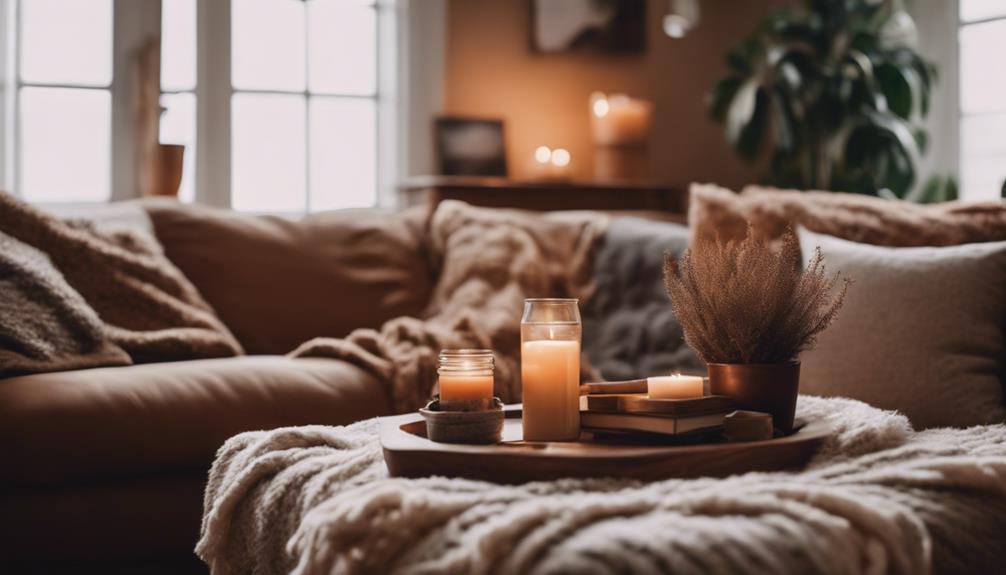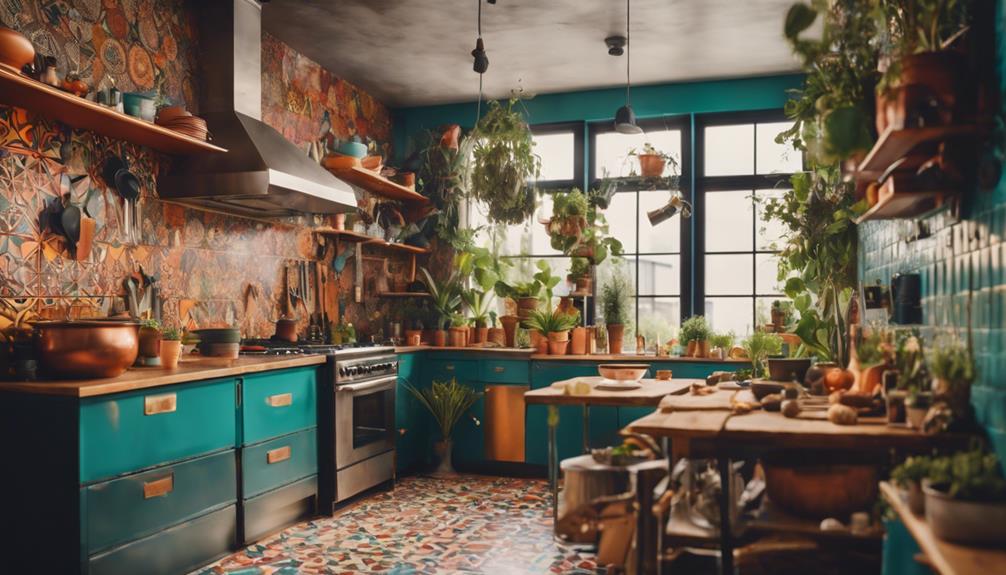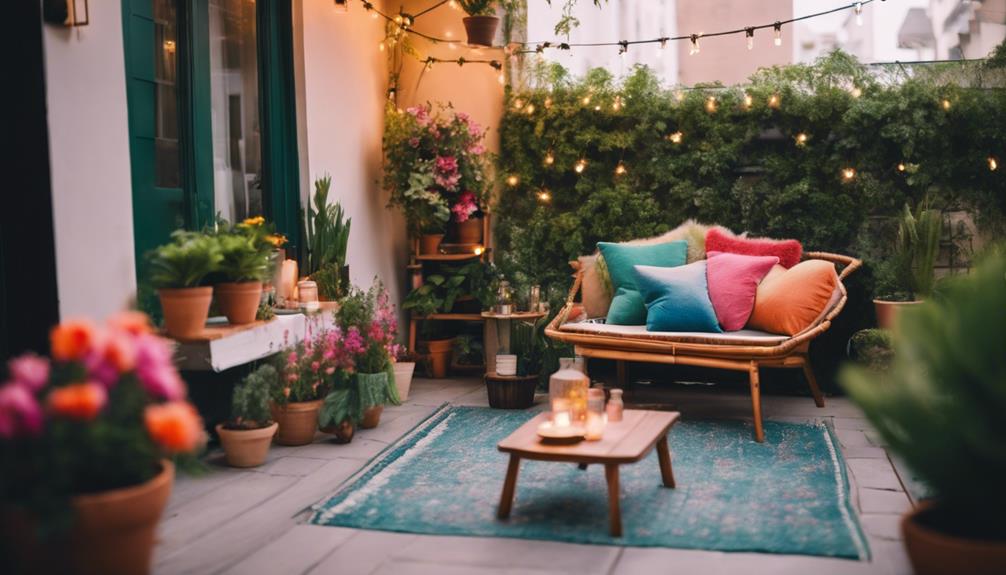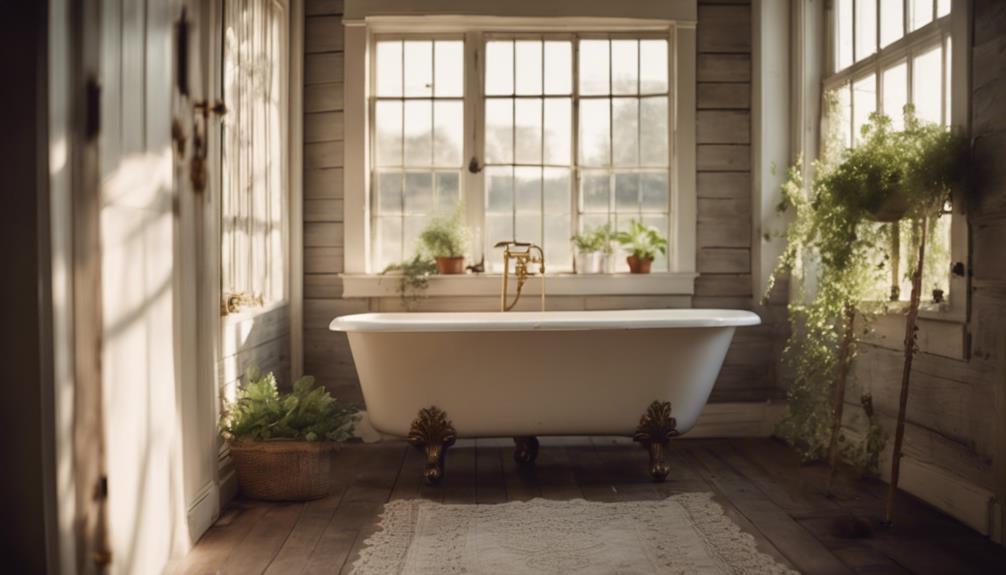If designing beautiful homes is your dream, consider pursuing a career as a home decor designer. Begin by obtaining formal education and creating a strong portfolio. Keep in mind that meeting licensing requirements and obtaining accreditation are crucial steps. Gain experience by taking on pro bono projects and eventually launching your own home decor design business. Through transforming spaces, evoking emotions, and bringing joy to clients, you can embark on the path to becoming a successful home decor designer with dedication and passion. To learn more about this exciting career field, explore additional tips and insights to aid in your success in the industry.
Key Takeaways
- Obtain formal education in interior design for strong foundational knowledge.
- Build a high-quality portfolio showcasing design skills and completed projects.
- Gain experience through pro bono projects, volunteer work, or starting a home decor business.
- Consider pursuing licensing requirements, such as the NCIDQ exam.
- Enhance skills, reputation, and credibility for future opportunities in the industry.
Interior Design Career Overview
To kickstart your journey into the realm of interior design careers, understanding the broad scope of the field is crucial. Interior designers surpass the role of interior decorators. They explore the business aspect, working on residential and commercial areas to craft functional and visually pleasing spaces. These experts not only concentrate on home decor but also on architecture, interior arrangement, and overall design concepts for diverse spaces.
As you aspire to be an interior designer, you'll be involved in managing projects, researching materials, and creating cohesive design plans. Your duties will encompass space organization, financial estimations, establishing project schedules, and effectively liaising with clients to bring your design ideas to fruition.
This profession provides opportunities for entrepreneurship and career progression, making it a competitive yet fulfilling field to enter.
Education and Qualifications

Interior designers typically acquire a formal education, such as an associate or bachelor's degree, to enter the field. Unlike interior decorators, who focus more on decorating spaces and don't have specific educational requirements, interior designers need a strong foundation in design principles and technical skills.
Licensing requirements for interior designers vary by state, with some mandating licensure and others not. In states where licensure is required, passing the National Council for Interior Design Qualification (NCIDQ) exam may be necessary.
To succeed in the interior design business, aspiring designers must also build a strong portfolio showcasing their design skills and completed projects. A compelling portfolio not only demonstrates your abilities to potential clients but also serves as a visual representation of your design style and capabilities.
Licensing and Portfolio Building

For interior designers, obtaining the necessary license and building a strong portfolio are key steps towards establishing credibility and attracting clients in the industry. Licensing requirements vary by state, with some mandating interior designers to pass the National Council for Interior Design Qualification exam. This licensing not only guarantees adherence to industry standards but also opens up more opportunities and recognition for professionals.
When it comes to portfolio building, showcasing your design skills and ideas through a solid portfolio is essential. A high-quality portfolio should encompass projects from initial sketches to final completion, ideally presented in an attractive manner on a website or in a digital format.
Additionally, choosing an accredited institution for your education is vital as it's a prerequisite for eligibility for licensing as an interior designer. By focusing on both licensing and portfolio building, you can enhance your credibility and appeal to potential clients and employers in the competitive home decor design industry.
Career Development Tips

Consider gaining valuable work experience through pro bono projects to enhance your skills and grow your reputation in the competitive home decor design field.
Volunteering your design services for family, friends, or nonprofits not only helps you develop professionally but also allows you to build a portfolio that showcases your capabilities. This hands-on experience will position you for future opportunities in the industry.
Additionally, starting your own home decor design business and offering free services initially can be a great way to practice your craft, attract clients, and establish yourself as a professional in the field.
Impact on Clients and Encouragement

How can your designs evoke emotions and fulfill clients' desires for beautiful living spaces, leaving a lasting impact on their homes and lives?
Client empathy plays a pivotal role in understanding and addressing clients' frustrations, ultimately leading to positive referrals and client satisfaction.
By creating spaces that resonate emotionally with clients, you can transform their homes into havens that bring them joy and contentment.
For aspiring designers, there's ample encouragement to pursue a career in home decor design.
Age shouldn't be a deterrent, as mentorship, practical skill development, and success stories without formal degrees showcase the inclusivity of the industry.
Mentorship and training opportunities are available, offering on-the-job experiences, design principle courses, and business aspect insights to nurture your talent and passion.
Conclusion
As you set forth on your journey to become a home decor designer, remember that you're like a sculptor shaping a block of marble into a masterpiece. Through education, hard work, and dedication, you have the power to turn dreams into reality and create spaces that inspire and uplift others.
Embrace the challenges, ignite your creativity, and watch as your passion for design transforms into a fulfilling and rewarding career. Your dream home decor designer journey awaits!









